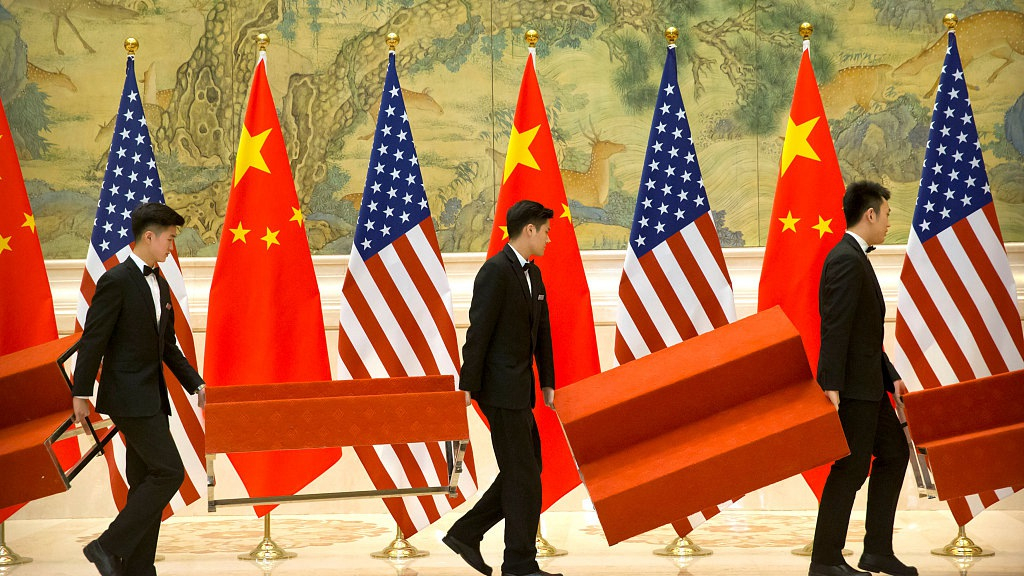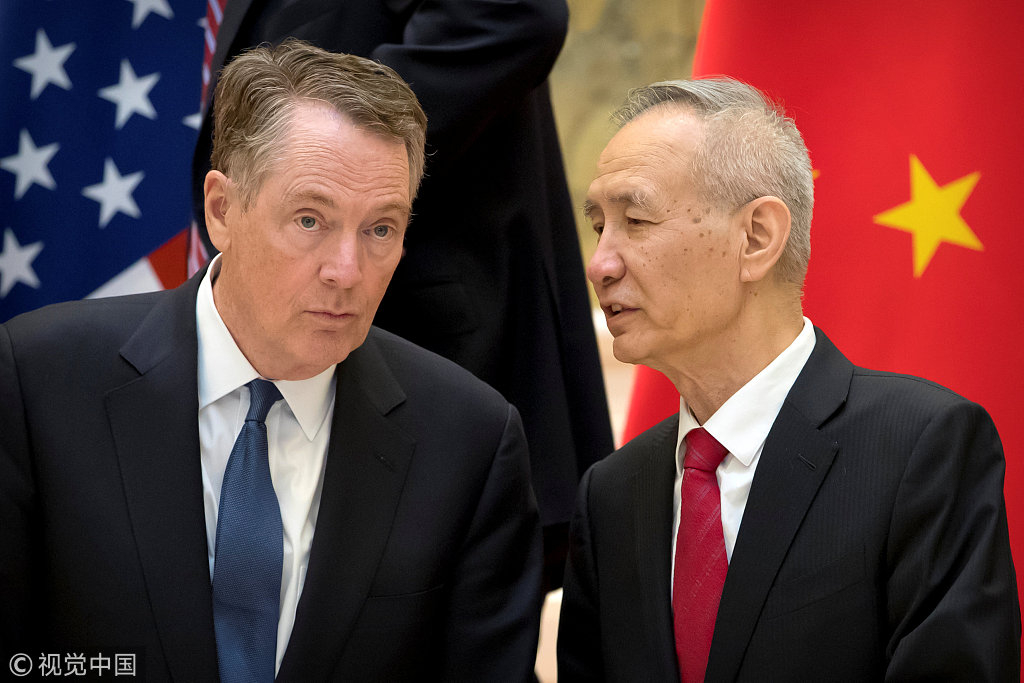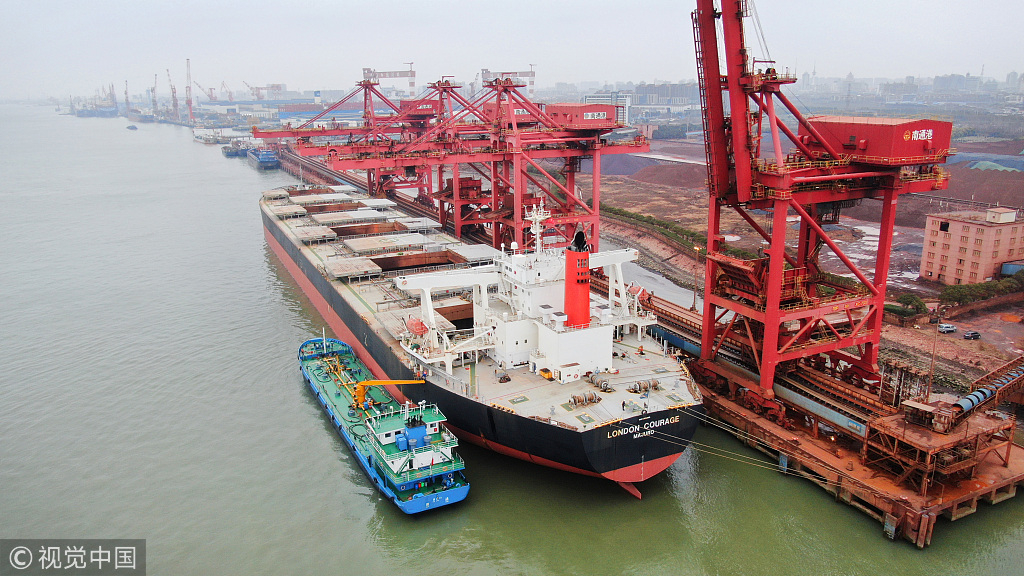
Opinion
16:02, 08-Apr-2019
Current international order: uncertainties and certainties
Zhu Zheng

Editor's note: Zhu Zheng is an assistant professor focusing on constitutional law and politics at China University of Political Science and Law. The article reflects the author's opinion, and not necessarily the views of CGTN.
On April 5, although both China and America claimed that there had been progressing on the text of a final deal, the final round of China-U.S. trade talks that wrapped up in Washington did not yield a definite answer as expected.
U.S. President Donald Trump, for example, said that there was still “significant work” to be done, and it will be finished through video conferences in the following four weeks. The ensuing talks, according to Washington, will decide whether a final trade deal could be penned down or not.
While some Chinese media outlets have expressed cautious optimism, some Western commentators have soberly warned that more works are worthwhile as when the talks approach the terminus, negotiations are expected to get tougher.

Chinese Vice Premier Liu He (R) talks to U.S. Trade Representative Robert Lighthizer in Beijing, China, February 15, 2019. /VCG Photo
Chinese Vice Premier Liu He (R) talks to U.S. Trade Representative Robert Lighthizer in Beijing, China, February 15, 2019. /VCG Photo
Indeed, while Beijing has promised to purchase more goods from America in an exchange of a removal of all U.S. tariffs imposed since July, Washington is eyeing on some broad reforms, which include better access to China's market, an annihilation of forced technology transfers, a sound protection of intellectual property, and most importantly of all, the cutting of subsidies to state-owned enterprises.
Some of these concerns have been addressed. In the recently passed new Foreign Investment Law, for instance, the Chinese authorities made commitments to level the playing field for foreign enterprises and no forced technology transfer is allowed.
However, these promises will not come to light soon, as some steps take time to produce effects, and some other demands by the U.S. are squarely unreasonable.
These fundamental disagreements have infused uncertainties to the ongoing trade talks, and perhaps the world order at large.
Linking this to the chaotic Brexit process, where with Parliamentarians still unable to reach a consensus on which approach to Britain's withdrawal from the European Union, the government remains in crisis and the nation seems to rush toward the destination without a plan in place, it seems that the world is genuinely plummeting into uncertainty.

A port in Nantong, Jiangsu Province, China. /VCG Photo
A port in Nantong, Jiangsu Province, China. /VCG Photo
Yes, it should be admitted that the world is rushing through a state of confusion and disorder, and with China, America, the UK, and the European Union aiming to build up gross distortion to offset the negative impacts of globalization, these nations looks unlikely to resonate with each other in a short run.
But if we set our eyes over long vistas, there is something definite also.
Despite the uncertainties, we should be confident that the UK and EU will eventually come up with an agreeable deal. The deadline is approaching and no-deal Brexit will take a heavy toll on both Labour and Conservative parties.
Also, in order to reverse the economic slowdown, the U.S. will have to make some concessions and will, at some points, be on the same page with China, as no matter how, the two superpowers will manage to dovetail their respective development strategies and co-operation initiatives.
As some commentaries observed, China and the U.S. jointly bear global responsibility, but in different ways with different visions: America is acting as a global leader in international affairs, and China, by proposing the Belt and Road Initiative, is to help the third world countries to develop and stabilize parts of the world. The division of labor proved to be feasible, and there is room for China and the U.S. to work together.
It is true that the world is now going through a boom and bust cycle, and from time to time unilateralism and self-ineterest are on the rise and globalization is in difficulty, cooperation is the only right path toward common development. In this light, despite the uncertainties, there are certainties that are doomed to take effect nevertheless.
(If you want to contribute and have specific expertise, please contact us at opinions@cgtn.com)

SITEMAP
Copyright © 2018 CGTN. Beijing ICP prepared NO.16065310-3
Copyright © 2018 CGTN. Beijing ICP prepared NO.16065310-3